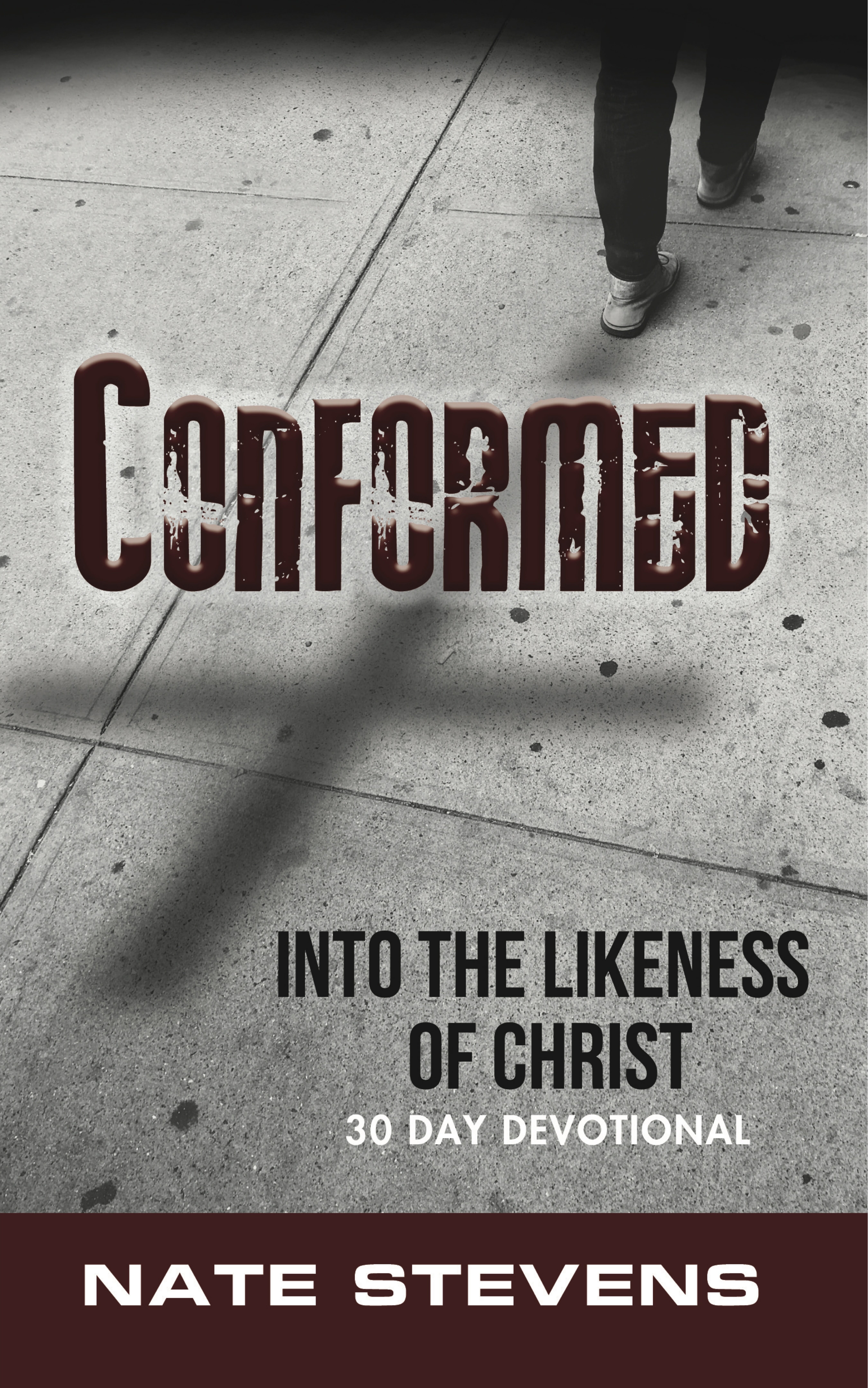“So you shall bring the Levites before the LORD … and Aaron shall offer the Levites before the LORD like a wave offering from the children of Israel, that they may perform the work of the LORD. Thus you shall separate the Levites from among the children of Israel, and the Levites shall be Mine.” (Numbers 8:10-11, 14)
Do we fight spiritually as passionately as the Levites?
I love studying Scripture—especially word studies of the Hebrew and Greek. There are numerous hidden gems waiting to be found. One such golden nugget stands out in the Old Testament regarding the Levites and their ministry.
Hidden Old Testament Gem
In the Old Testament, the Levites were not merely ceremonial figures. They were spiritual warriors, consecrated for service and battle in the unseen realm. Numbers 8:24–25 outlines their divine assignment. “This is what pertains to the Levites: From twenty-five years old and above one may enter to perform service [tsaba] in the work of the tabernacle of meeting; and at the age of fifty years they must cease performing this work, and shall work no more.”
To better understand this, let’s dissect the phrases, “perform service in the work” and “cease performing this work.” Their implied meaning is “to war, the warfare of” and to “return from the warfare of the service.” The Hebrew word tsaba has a military connotation. Strong’s Exhaustive Concordance defines it as, “to assemble an army or servants, fight, perform, muster, wait upon, war.”[1] The NAS Exhaustive Concordance lists it as “army, war, warfare.”[2]
In support of this, the Spiros Zodhiates Hebrew-Greek Key Study Bible offers this insight. “This verbal root means to amass (an army or servants), assemble, muster (soldiers), collect; to fight, to perform, to go forth to war, wage war, to do military service, to do sacred service (the ministry of the priests), to wait upon (the Lord).”[3]
The Levites’ work was sacred, demanding discipline, consecration, and unwavering devotion. In a similar manner, believers today are called to engage in spiritual warfare with the same passion, purpose, and purity.
New Testament Call to Spiritual Battle
Paul’s letters to Timothy echo this call to spiritual passion. In 1 Timothy 1:18, he urges, “This charge I commit to you … that … you may wage the good warfare.” This is not a passive encouragement. It’s our marching orders. Just as the Levites were set apart for temple service, Christ followers are set apart to contend for truth, righteousness, and the souls of men.
1 Timothy 6:12 reinforces this charge: “Fight the good fight of faith, lay hold on eternal life, to which you were also called…” Spiritual warfare involves not merely resisting evil but actively driving back its darkness. We do this by passionately shining the Light of God’s Word. Like the priests who mediated between God and Israel, we stand in the spiritual gap. As such, we intercede for people before God’s throne, proclaim His righteousness, and advance His eternal kingdom.
Paul’s exhortation in 2 Timothy 1:8 reminds us that spiritual warfare often involves suffering. “Do not be ashamed of the testimony of our Lord … but share with me in the sufferings for the gospel according to the power of God.” The Levites bore the weight of Israel’s spiritual condition. Likewise, we must be willing to endure hardship for the sake of the gospel.
In 2 Timothy 2:3–4, Paul uses more military imagery. “Endure hardship as a good soldier of Jesus Christ. No one engaged in warfare entangles himself with the affairs of this life, that he may please him who enlisted him as a soldier.” This echoes the Levites’ separation from worldly affairs. Their lives were wholly devoted to God’s service. Our effectiveness in spiritual warfare depends on our ability to keep our eyes on our Commander, Jesus (Hebrews 12:2), unfazed by the noise, distractions, and cheap trinkets of the world (1 John 2:15).
Successful Battle Campaign
Paul’s bold statement in 2 Timothy 4:7 is a triumphant declaration as he faced his execution. “I have fought the good fight, I have finished the race, I have kept the faith.” This is the legacy of a spiritual warrior—one who has endured, remained faithful, and completed the mission.
Finally, 1 Corinthians 9:25–27 offers a sobering reminder of the discipline required. “Everyone who competes for the prize is temperate [exercises self-control] in all things. Thus I fight: not as one who beats the air. But I discipline my body and bring it into subjection [control].” Just like the Levites who underwent rigorous preparation, genuine Christ followers must train ourselves through sanctification, surrender to the Holy Spirit, and obedience to God’s Word.
Engaging in spiritual warfare like the Levites means living a life of consecration, endurance, and focus. It’s not a momentary battle. It’s a lifelong calling. As modern-day warriors, we are invited to step into the sacred fight, put on the full armor of God (Ephesians 6:11-18), and commit to finishing well.
May all Christ followers spiritually prepare and fight like the Levites!
[1] Hebrew word “tsaba” as found and accessed online August 25, 2025 at: https://biblehub.com/hebrew/6633.htm
[2] NAS Exhaustive Concordance of the Bible with Hebrew-Aramaic and Greek Dictionaries, (Copyright © 1981, 1998 by The Lockman Foundation). All rights reserved. Lockman.org
[3] Spiros Zodhiates, Th.D., The Hebrew-Greek Study Bible, King James Version, Lexical Aids to the New Testament (AMG International, Inc. DBA AMG Publishers, 1991), 1652 (#6633).
Nate’s book, Called to Christlikeness, not Christianity – Purchase here.
This is an updated edition of a post originally published on Nate Stevens.
Featured Image by reglafbel from Pixabay
SURRENDERED
YIELDING TO GOD’S PERFECT WILL
by NATE STEVENS
NEW RELEASE – NOW AVAILABLE!
CHRIST IN ME 30-DAY DEVOTIONAL SERIES
By NATE STEVENS
CLICK ON EACH BOOK TO LEARN MORE, DOWNLOAD A SAMPLE, OR BUY.















Comments are closed.